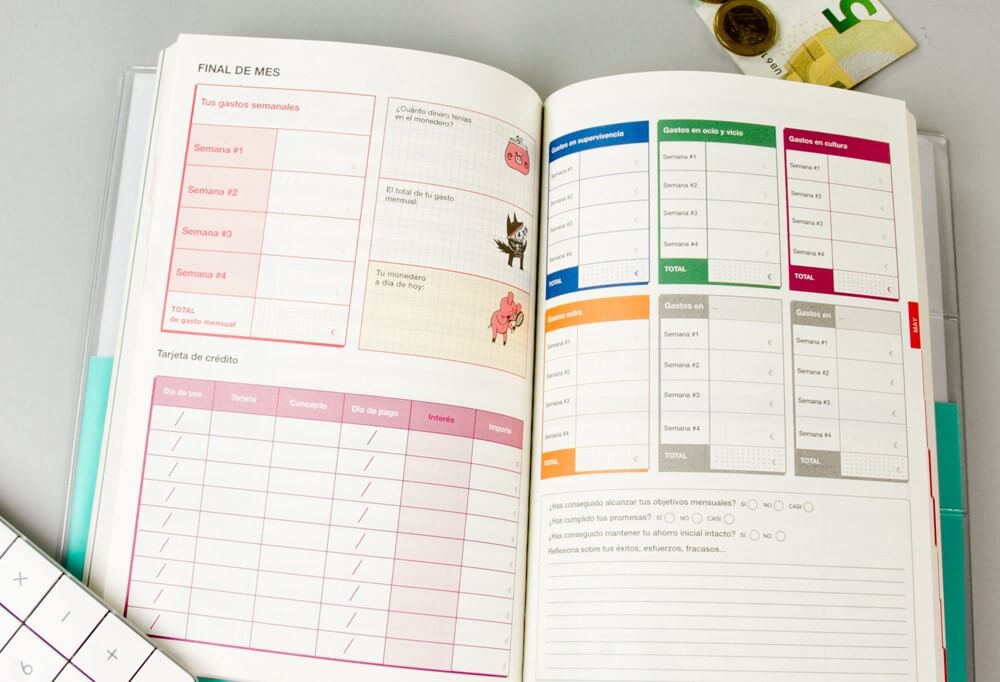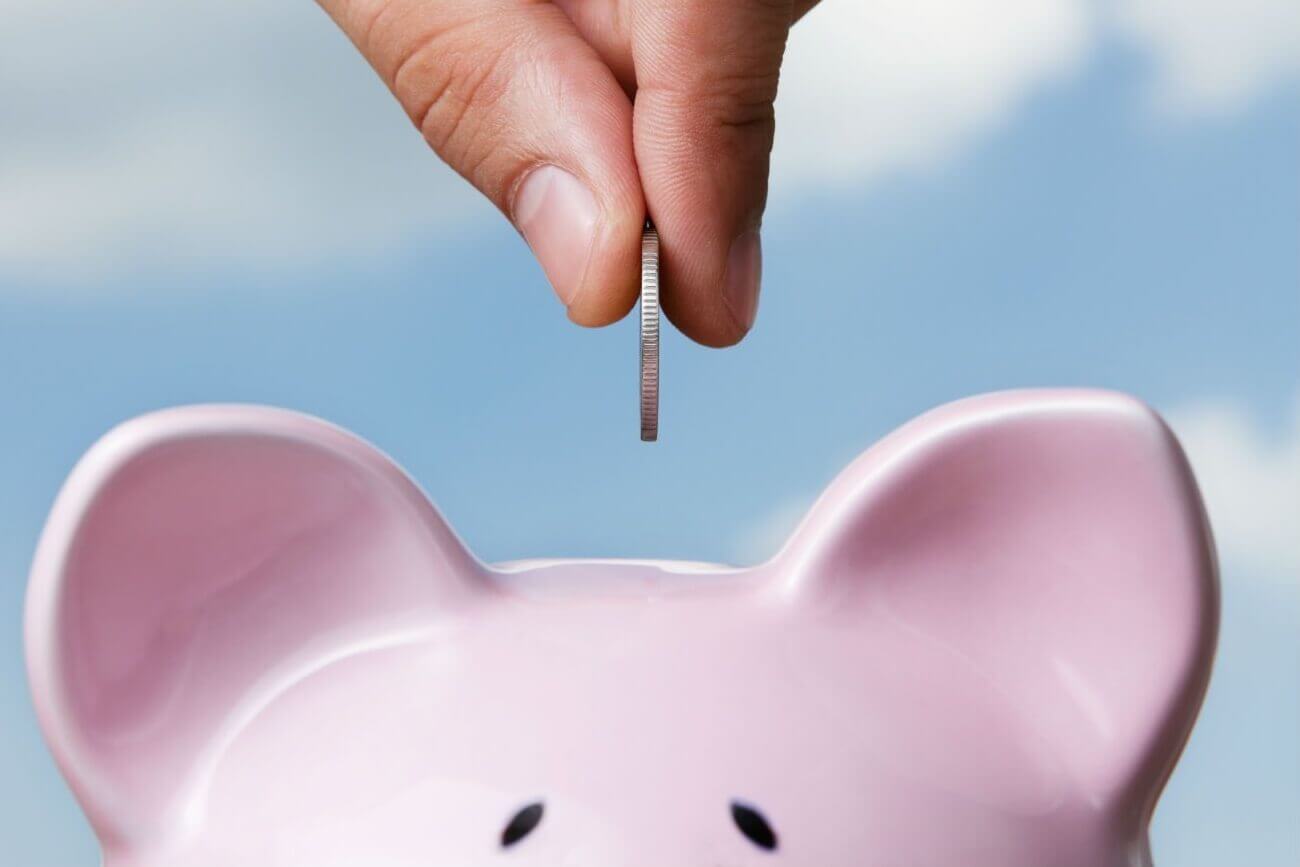The Eastern Philosophy to Save Money at Home

It seems as if money never amounts to anything. Getting to the end of the month sometimes becomes an odyssey.
There are hundreds of things to spend money on and income goes in the blink of an eye. However, there are several methods to save money at home and to assure that it’s enough to cover things, and some of these methods come from eastern philosophy.
The key is in the method. You may never know where your money is going because you’re not keeping track of it. There may not be enough money simply because it’s not managed properly.
Saving money at home is essential in order to maintain healthy finances. You don’t need to earn large sums to be able to live with some slack. What is required is willingness, dedication and patience.
In this article, we’ll take a look at some ideas from eastern philosophy when it comes to managing money.
The Kabeko, an excellent method to save money at home

The Kabeko is a simple logbook. It works in a very simple way. At the beginning of the month, income and fixed expenses are recorded. This is the amount of money that goes in, one way or another, and the amount of money that goes out. When determining these amounts, we know how much can be allocated to other expenses, if it can be.
Based on this, the idea is to set a savings goal. This applies to both fixed and extra expenses, if there are any. Also, you should think about what those savings will be spent on. This is only the first part of the method.
The second part consists in writing down all of your expenses that are paid. You can do this one by one, each time they are paid. At the end of each week, you should review the record and evaluate what the money went towards. This gives clues about how you spend and allows you to find the keys to save money at home.
Do you want to know more? Read: Great Ways to Save Space at Home
The 52-week challenge

This is a very old method to save money at home. However, lately it has become relevant. The most important thing is to be willing to meet the challenge, stay consistent and be patient. The results can be extraordinary.
Basically, you should save every day for 52 weeks:
- For the first week, you are only required to save 1 dollar per day.
- For the second week, you have to save $2 per day…
- …and so on, successively, until the indicated time is completed.
Since the he sums may become impossible for some people, you can set a ceiling of $200 per month maximum.
The 52-week challenge can also be done in reverse. This means that you start with a savings of $52 per day and then this amount decreases. Sometimes, it’s easier to complete this, because there is always more motivation at the beginning.
Read also: 7 Easy Tips to Prevent Hair Loss Without Spending Money
Other tips to save money at home

Representatives of Zen have given advice to save money at home. Here are some of them:
- Visit libraries more frequently. You do not spend a penny and, in exchange, you have a good time and you learn.
- Replace your car with public transport or, ideally, a bicycle or walking.
- Take homemade food to work. Eating out generates big expenses.
- Decrease tobacco and alcohol consumption. Not only can you save money at home, it also helps you to have better health.
- Drink water. Replace soft drinks or other drinks with it. This is good for the body and avoids unnecessary expenses.
- Do home repairs yourself. It’s not necessary to pay someone to do minor repairs that you can do if only you challenge yourself.
- Save energy. There are many ways to save electricity, gas, gasoline, etc. You only need to use common sense.
All cited sources were thoroughly reviewed by our team to ensure their quality, reliability, currency, and validity. The bibliography of this article was considered reliable and of academic or scientific accuracy.
- Buying time promotes happiness. Ashley V. Whillans, Elizabeth W. Dunn, Paul Smeets, Rene Bekkers, Michael I. Norton. Proceedings of the National Academy of Sciences Jul 2017, 201706541.
DOI: 10.1073/pnas.1706541114
- Kakebo Blackie Books 2019. El libro de cuentas para el ahorro doméstico.
https://www.blackiebooks.org/catalogo/kakebo-blackie-books-2019/
This text is provided for informational purposes only and does not replace consultation with a professional. If in doubt, consult your specialist.








